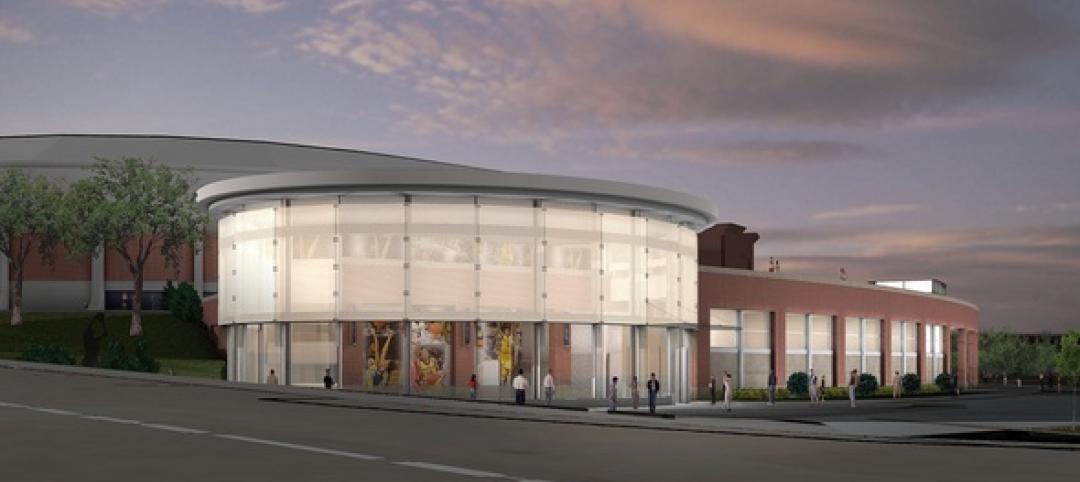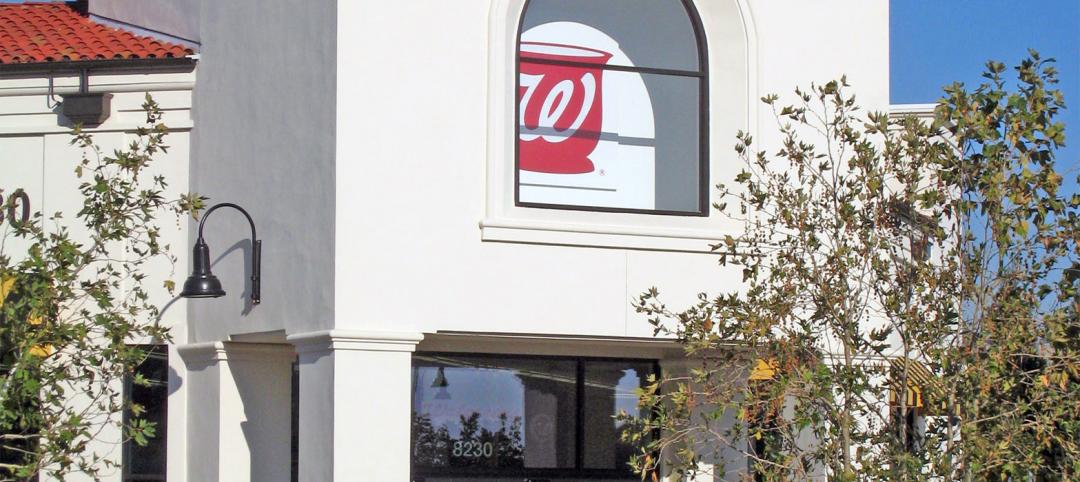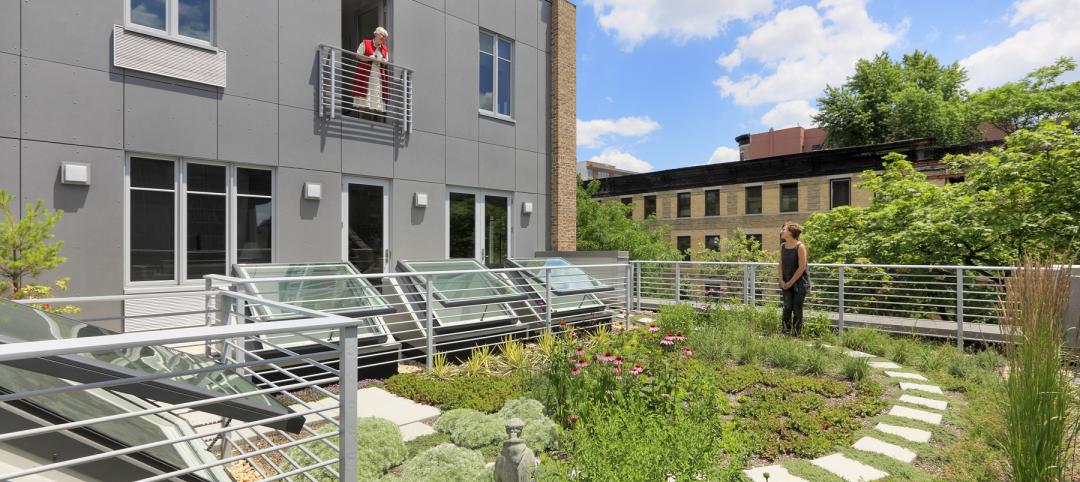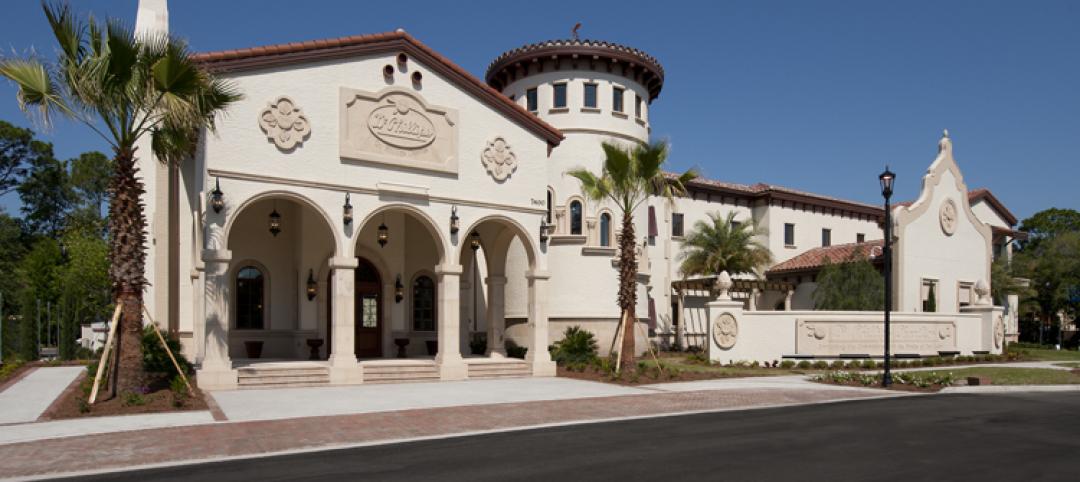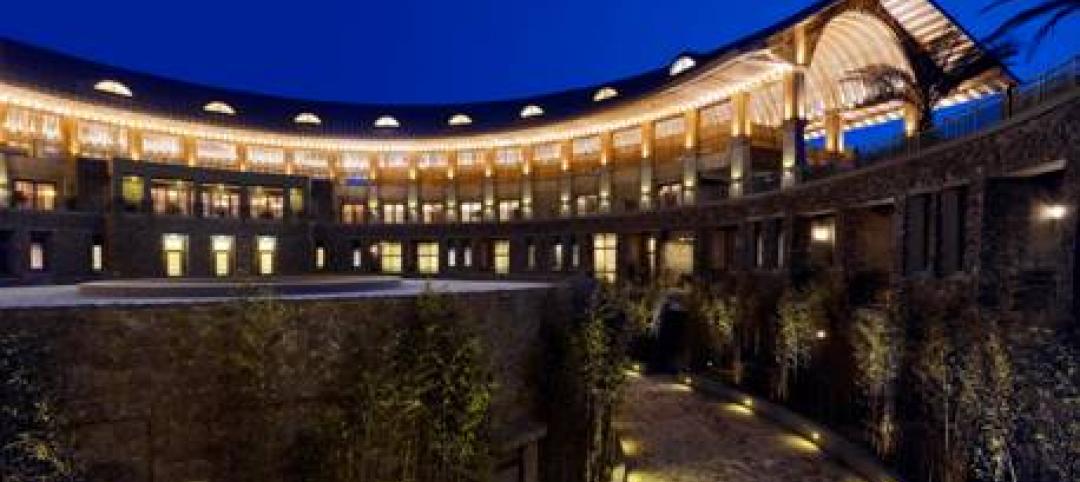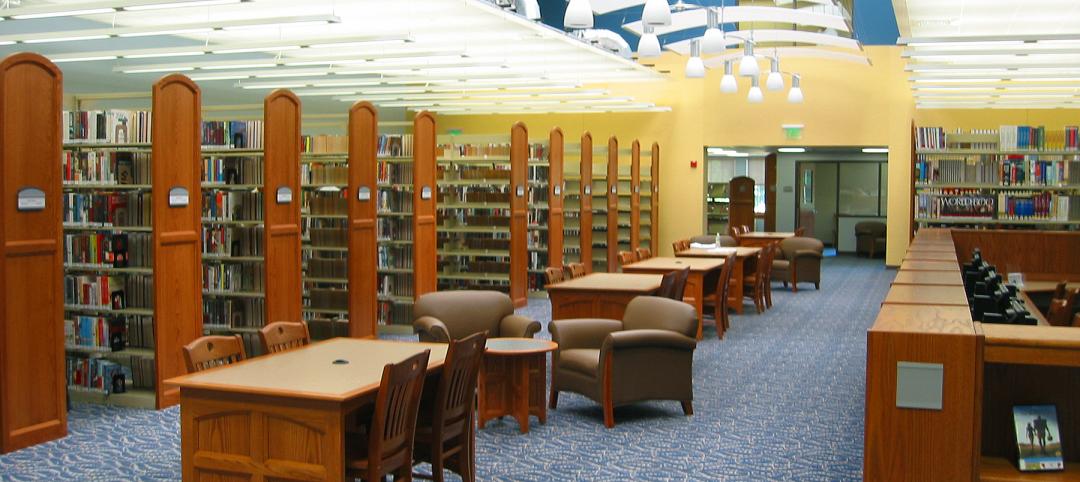The famed Griffith Observatory, located in the heart of the Hollywood hills, receives close to two million visitors every year and has appeared in such films as the classic “Rebel Without a Cause” and the not-so-classic “Charlie's Angels: Full Throttle.” Complete with a solar telescope and a 12-inch refracting telescope, multiple scientific exhibits, and one of the world's largest planetarium domes, the structure remained virtually untouched since its opening in 1935. By 1998, though, it was clear that the structure was well overdue for a full renovation, as well as a major expansion to allow for more exhibit space, offices, and visitor amenities.
Pfeiffer Partners and Levin & Associates Architects, both based in Los Angeles, took on the observatory's rehabilitation and expansion plan in 1998, with input from observatory staff, the city of Los Angeles, and the Friends of the Observatory, a nonprofit support organization. Their first and perhaps most important decision: to make sure any addition did not negatively impact the planetarium's exterior. The Building Team got around that obstacle by going underground and constructing almost 40,000 sf of new space underneath the observatory's front lawn.
“This is a very unique solution to providing much-needed space,” says BD+C Renovation Awards judge Jeff C. Pratt, P.E., principal for KJWW Engineering, Naperville, Ill. Several above-ground elements were added to the original structure, including the Café at the End of the Universe on the western edge. The designers took special care to make the newer buildings blend in visually with the original. “It's a good example of where less is more,” says Pratt.
Armed with a $93 million budget, an expert Building Team was assembled, complete with mural, paint, metal, and exterior envelope conservators. Though a lot of work went into the entire exterior, it was the dome, the structure's most dominant feature, that proved to be the most vexing problem. Made of concrete and covered with copper plates, the original copper material was removed in order to waterproof the concrete underneath. The challenge, though, was setting up a scaffolding system around the dome without actually touching it. The Building Team got around this by placing a structural tower in the planetarium pit and raising it through the dome roof. The tower supported outrigger trusses, from which the scaffolding system was suspended and anchored to the dome's base.
Lead-based paint also had to be removed from the exterior concrete walls. The walls were covered during the paint removal, repaired, and then repainted with a breathable elastomeric coating. The original metal window grilles, granite entry steps, and bronze elements only required minor repairs and cleaning.
Griffith's interior renovations were consistent with the Secretary of the Interior Standards for Rehabilitation. Special attention was given to preserving the Hugo Ballin and A.B. Heinsbergen murals. The central rotunda and the Foucault pendulum were also restored to original condition.
Related Stories
| Feb 2, 2012
Call for Entries: 2012 Building Team Awards. Deadline March 2, 2012
Winning projects will be featured in the May issue of BD+C.
| Jan 31, 2012
Fusion Facilities: 8 reasons to consolidate multiple functions under one roof
‘Fusing’ multiple functions into a single building can make it greater than the sum of its parts. The first in a series on the design and construction of university facilities.
| Jan 24, 2012
U of M installs new lighting at Crisler Player Development Center
Energy efficient lighting installed at PDC reduce costs and improves player performance.
| Jan 6, 2012
New Walgreen's represents an architectural departure
The structure's exterior is a major departure from the corporate image of a traditional Walgreens design.
| Dec 7, 2011
ICS Builders and BKSK Architects complete St. Hilda’s House in Manhattan
The facility's design highlights the inherent link between environmental consciousness and religious reverence.
| Dec 5, 2011
SchenkelShultz Architecture designs Dr. Phillips Charities Headquarters building in Orlando
The building incorporates sustainable architectural features, environmentally friendly building products, energy-efficient systems, and environmentally-sensitive construction practices.
| Nov 29, 2011
SB Architects completes Mission Hills Volcanic Mineral Springs and Spa in China
Mission Hills Volcanic Mineral Springs and Spa is home to the largest natural springs reserve in the region, and measures 950,000 sf.
| Nov 22, 2011
Jones Lang LaSalle completes construction of two new stores in Manhattan
Firm creates new global design standard serving as project manager for Uniglo’s 89,000-sf flagship location and, 64,000-sf store.
| Oct 24, 2011
BBS Architects & Engineers receives 2011 Sustainable Design Award from AIA Long Island Chapter
AIA LI also recognized BBS with the 2011 ARCHI Award Commendation for the St. Charles Resurrection Cemetery St. Charles Resurrection Cemetery Welcoming and Information Center in Farmingdale, NY.



